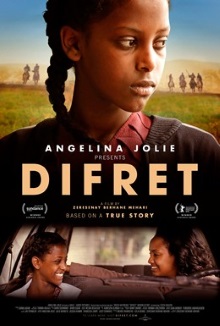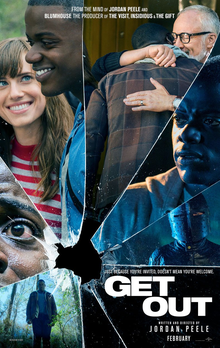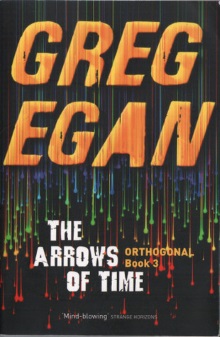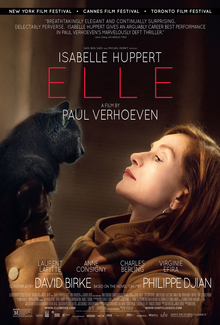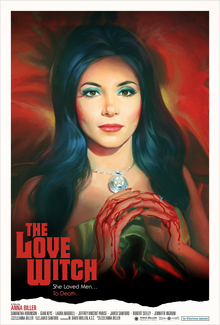Immediately after the Principles of Economics course from MRUniversity, I decided to do this one, figuring that it would provide a solid grounding for my understanding of classical economics. Unfortunately it harder to get into than I thought because it’s basically a summary of the famous classical economists including both what they were right about and what they were ultimately wrong about so a framework tying the whole thing together into a coherent whole it really is something of mostly historical interest. I’m also amused that something like half of it is all about Adam Smith and his Wealth of Nations.
This course covers a very wide range of topics beginning with how philosophers at least as far back as Galileo questioned why diamonds are considered more valuable than water when the former is mostly useless while the latter is essential for all life. It goes on to consider some fascinating questions, such as why economics seem to have developed so slowly compared to some other fields of knowledge, speculating that this might be because it touches on the lives of everyone yet its conclusions are so unintuitive. There is plenty of stuff about writers who aren’t usually thought of as economists such as David Hume but most of it are about the classical economists, arranged in chronological order and classified according to whether they were before Adam Smith or after him.
As noted the coverage of Smith is especially extensive with videos on his life and career and a summary of every chapter of The Wealth of Nations as Smith discusses everything from why markets work to how religious institutions should be funded. It’s all interesting and very instructive but I can’t say that it’s terribly exciting especially if you’ve already learned it all formally in another economics course. I must confess that I was most intrigued by the salacious parts, such as how Smith didn’t appear to practice what he preached when he worked at a customs house. The same contradictions are evident in John Stuart Mill’s career with the East India Company as his emphasized liberty extensively in his own writings yet never extended that to the Indian subcontinent.
The parts that I liked best are those that cleared up misunderstandings for me or introduced me to genuinely new material. I admit that being a longstanding subscriber to The Economist, I had always been confused by the publication’s beginnings due to the English Corn Laws. Now I realize that during that time, corn referred to all grains in general and not corn as we understand the term today. It was also shocking to me how slowly the Industrial Revolution led to a rise in living standards for most people, which helped me understand why Marxism was so seductive. Plus of course, as the course itself notes, debates about machinery and whether or not it would lead to poorer outcomes for labor started at around this time and are still very much relevant today as we discuss whether or not the rise of robots would lead to permanent increases in unemployment.
All told this is a decently interesting course but I found that I don’t really care all that much about the details of the lives of the great economists nor the historical processes that led to economics being the way that it is nowadays. I think I like it better when the course is about the economics topics of interest directly. However I am amused that in this course about the great economists, there is no coverage at all of Karl Marx though there are some mentions of Friedrich Engels. MRUniversity does cover all that in a separate course about the economic history of Russia but I interpret this to mean that Marx simply doesn’t amount to much in the history of classical economics as it is being currently taught.
